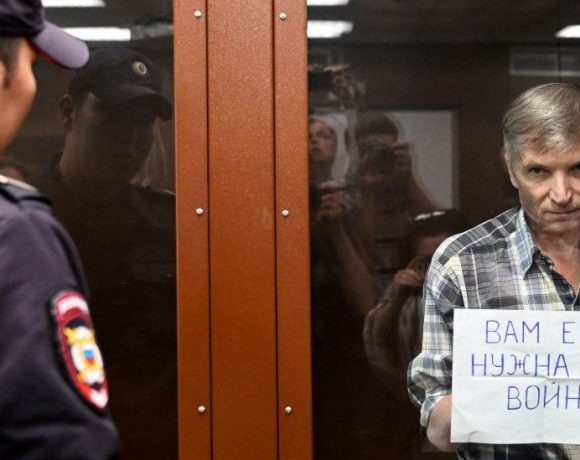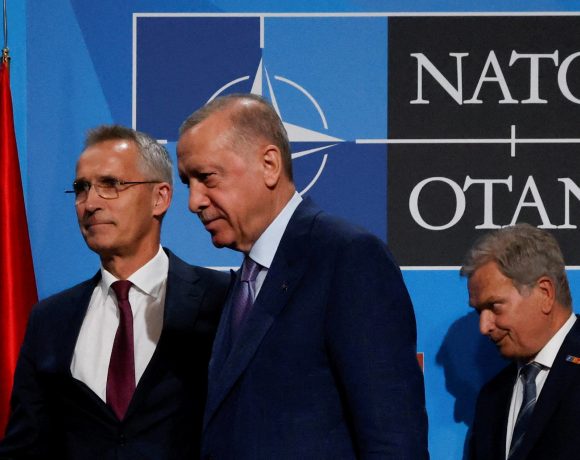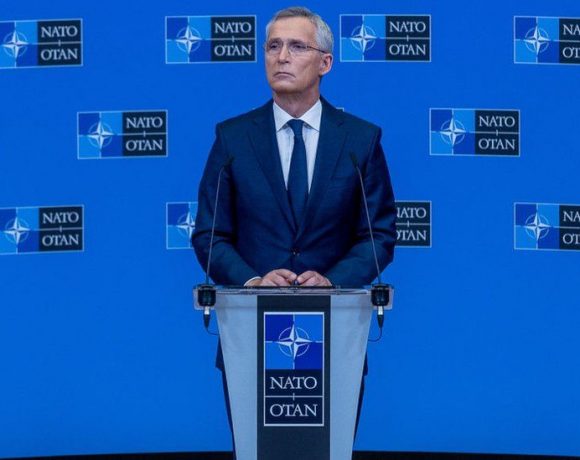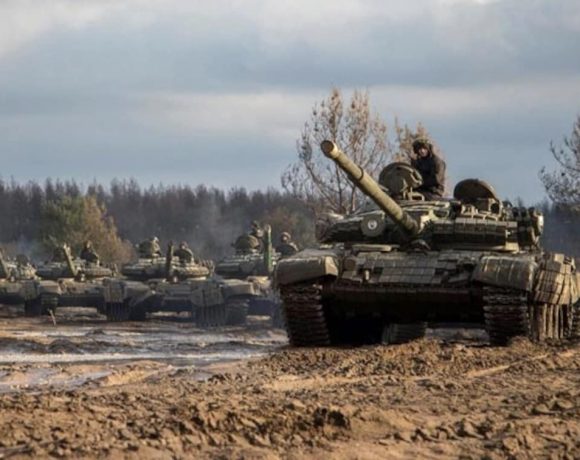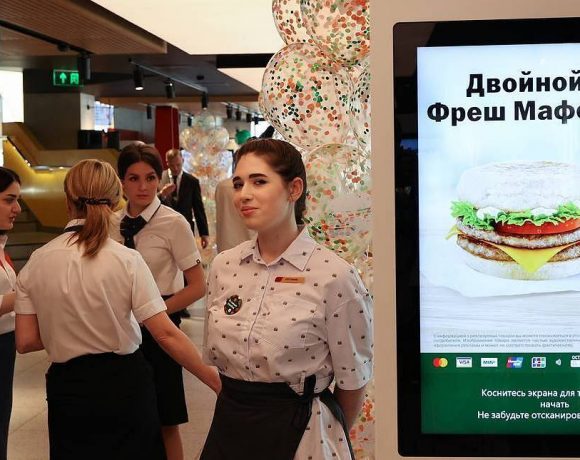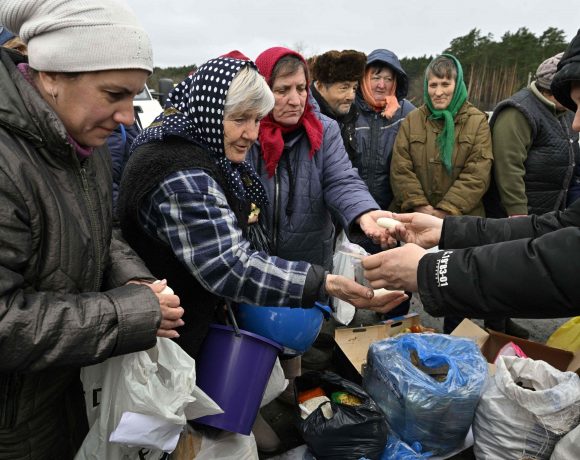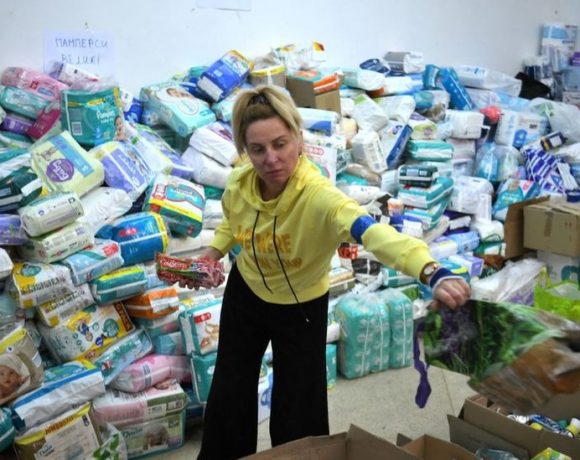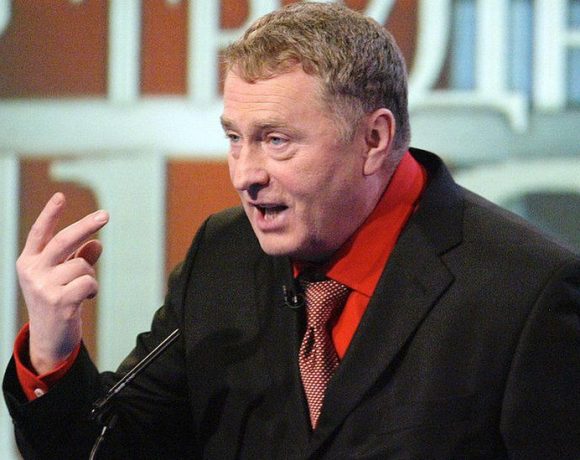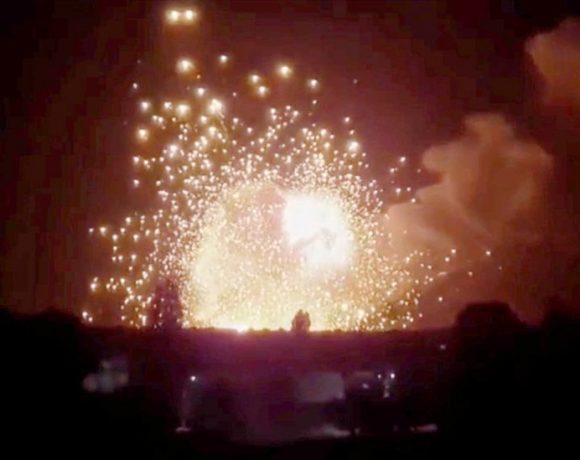
In an apparent operation using missiles supplied by the US, the Ukrainian military claims to have destroyed a Russian ammo stockpile in the southern city of Nova Kakhovka, killing scores of soldiers. However, according to Russian occupation authorities, residences and warehouses were damaged, resulting in five fatalities and up to 80 injuries.
The number of casualties or the level of damage could not be confirmed. On social media, unconfirmed video of numerous large explosions was posted.
The strike was traced to the US-provided Himars multiple rocket launcher, according to Ukrainian presidential advisor Mikhaylo Podolyak, who also warned of a “reality collision” for the “second army” of the globe. Himars is credited with a number of recent attacks that went extremely deep into Russian-held territory and is much more accurate than Russia’s equivalent weaponry.
Russian soldiers conquered sizable portions of the southern Kherson region in the early weeks of the invasion, but Ukrainian forces started a counteroffensive while Russia concentrated on its military advance into eastern Ukrainian territory. In order to avoid the counterattack, Kyiv has asked the locals to flee the area. Both parties appeared to concur that a Himars launcher had been used in the strike, despite the fact that Russian claims of damage to civilian buildings could not be verified. As soon as the first M142 High Mobility Artillery Rocket Systems (Himars) touched down in Ukraine at the end of June, explosions at Russian ammo depots and command centres, some 70 kilometres from the front lines, were connected to them.
Picture Courtesy: Google/images are subject to copyright

